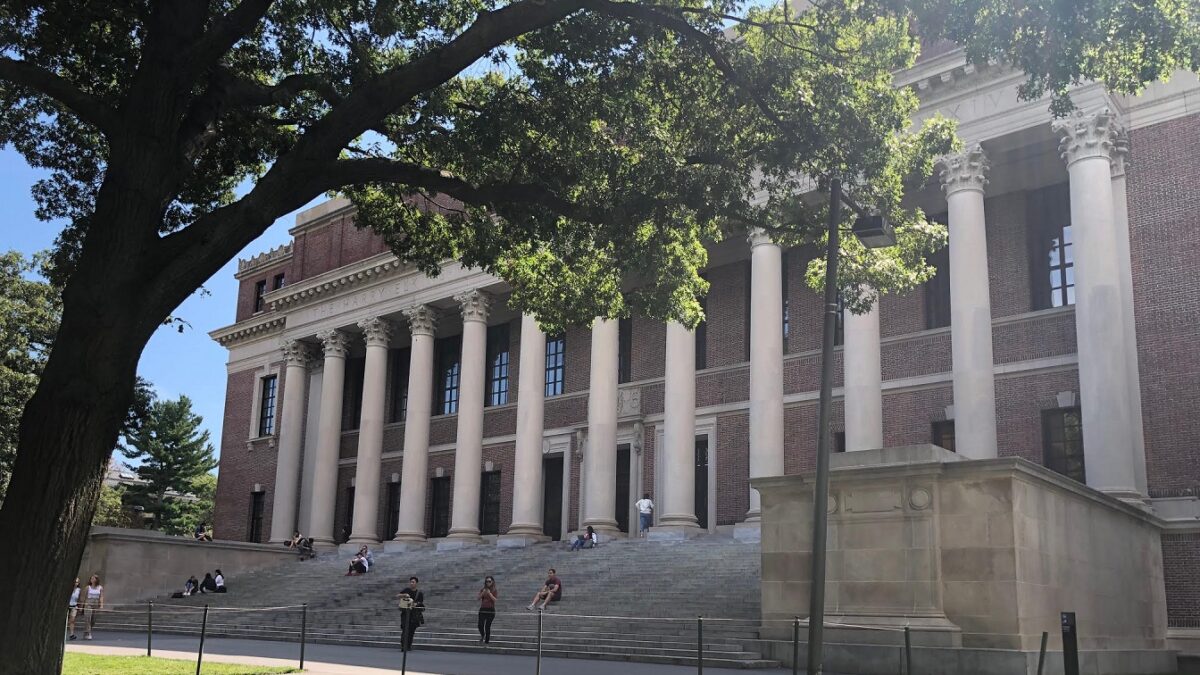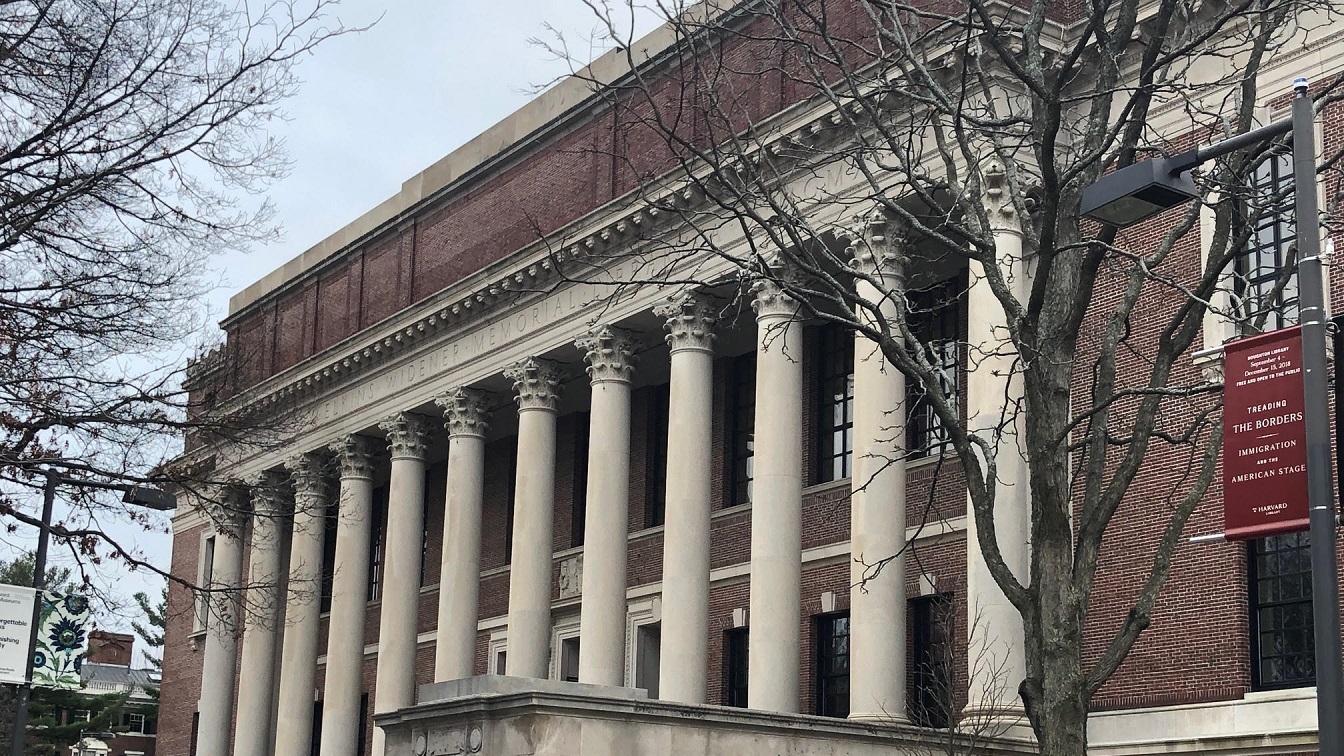President Biden’s student loan forgiveness plan is causing an uproar. Conservatives are upset that the government is bailing out loan-borrowing freeloaders. Moderates are upset that Biden sidestepped Congress and failed to triangulate with all interested parties. Progressives are upset that the $10,000 forgiveness amount fails to address the $1.7 trillion student debt crisis. It’s messy – and bound to be messier still, as naysayers are bound to challenge the legality of Biden’s plan. Still, much of the furor fails to miss the underlying problem, the heart of the student loan crisis: the ever-increasing cost of attending college and the corresponding, dampening effect on upward mobility.
Reports from the US Census, Bureau of Labor Statistics, and National Center for Education Statistics indicate that in the past four decades, the cost of college has increased a stunning 169%. Meanwhile, “earnings for workers between the ages of 22 and 27 have increased by just 19%.”
“Today, typical college costs “including tuition and fees, room and board, and allowances for books and supplies, transportation and other personal expenses) range from $27,330 for public in-state university students to $55,800 for private nonprofit college students,” CNBC reported.
To put contemporary college prices in perspective, consider the cost of college in 1971, when the average tuition was $1,410 per year. The college cost increase since 1971 has far outpaced the rise in inflation. “The price tag of a college education has risen at about 4.6 times the rate of inflation over the past 50 years,” Fox Business reported.
Price tags at the country’s most expensive colleges are staggering. Tufts University now costs $76,492 per year, meaning a four year degree costs north of $300,000. Out-of-state students at the University of Southern California pay over $77,000 per year. Brown, Vassar, Penn, NYU, Amherst, Northwestern – they all charge similarly. And with tuition costs rising steadily, it won’t be long before American colleges are charging over $80,000 per year.
Part of the problem with rising education costs, where the trap lies, is that Americans still benefit from going to college; Americans with college degrees fare substantially better than those without. “Despite the rising cost of higher education, research shows that it often pays off to have a college degree,” Fox Business reported.
“The evidence that a college degree significantly improves one’s employment prospects and earnings potential is overwhelming,” the Association of Public and Land-Grant Universities wrote. “Bachelor’s degree holders are half as likely to be unemployed as their peers who only have a high school degree and they make $1.2 million in additional earnings on average over their lifetime.”
“On an annual basis,” the APLU continued, “median earnings for bachelor’s degree holders are $36,000 or 84 percent higher than those whose highest degree is a high school diploma.” And with respect to the economic hardships that the Great Recession has inflicted upon Americans, “recent college graduates also weathered the Great Recession better than their peers with a high school diploma.”
So, you’re damned if you do, damned if you don’t: Americans who forego going to college are likely condemning themselves to a lifetime of lower wages; Americans who go to college are likely condemning themselves to a lifetime of student loan debt. And if you happen to want to spend your career doing something that requires a college degree, you don’t have much choice than to go to college. Well, you may not have much choice regardless of your preference. “Today, two out of three jobs require postsecondary education and training, while three out of four jobs in the 1970s required a high school diploma or less,” a Georgetown University report discovered. Meaning “formal education beyond high school has become more essential” – a major problem given the rising costs of formal education beyond high school.

Harvard University, September 2019. Image Credit: 19FortyFive Staff.
For advanced degree holders, the numbers are even worse. The Education Data Initiative reported that “the average law school graduate owes $160,000 in student loan debt.” Yet, less than “1-in-4 new law school graduates say their legal education was worth the financial cost.” Relatedly, “law school enrollment is at its lowest point since 1973.”
Medical students are even worse off. “According to the Association of American Medical Colleges, the average medical school debt for 2021 graduates was $203,062.” And “73% of 2021 graduates carried student loan debt.”
The thing is, society as we know it ceases to function without lawyers and doctors. Many lawyers and most doctors perform an invaluable public service. The same could be said of engineers and biologists and urban planners who also require advanced degrees to do their job, which in turn serves the public. The ever-increasing economic impediments to education are threatening many of the professions and related institutions that we rely on – while simultaneously choking out the American dream for most Americans.
Harrison Kass is the Senior Editor at 19FortyFive. An attorney, pilot, guitarist, and minor pro hockey player, he joined the US Air Force as a Pilot Trainee but was medically discharged. Harrison holds a BA from Lake Forest College, a JD from the University of Oregon, and an MA from New York University. He lives in Oregon and listens to Dokken. Follow him on Twitter @harrison_kass.

